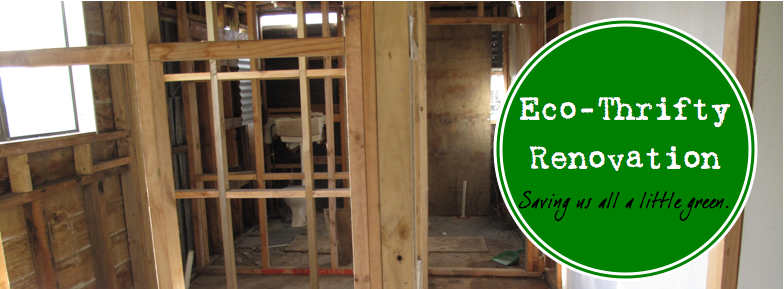1st, December, 2012. Welcome to the first month of the rest of your life. I do
not know much about the Mayan Prophesy, but I do know that 2012 was one of the worst movies I’ve ever seen. From
what I understand, some people say the world will end this month. Others claim
it will be more of a transformation that takes place: the death of old ideas
and ways of thinking, not the death of all life on Earth.
I don’t know about you, but I prefer the latter of these
scenarios. I prefer it for a number of reasons: 1) I have a bubs who is three
months old; 2) I’ve got a little more living to do myself; 3) I reckon there are a good number of old ideas and ways of thinking we’d
be better off without.
Yesterday (30th November, 2012) was the official
due date of my doctoral thesis, which represents four years of research,
careful thought, and a massive amount of writing and rewriting. The gist of my
thesis is that school science can be taught in such a way – relevant,
experiential, local, solution-oriented – as to improve students’ scientific
literacy, ecological literacy, and some students’ attitudes toward studying
science. If you were one of those students who did not like science and dropped
out as soon as you could, this approach to science teaching and learning is
(was?) for you!
Transformation as nature does it
But this week’s column is not about boring you with the
finer details of science education research, it is about transformations and
seeing things differently. The reason I included the reference to my thesis
above is to emphasize that transformation from old ways of thinking to new ways
of thinking is not necessarily something to fear or avoid, but to welcome. For
example, those students who reported a more positive attitude toward studying
science when it was more experiential, local, relevant and solution-oriented
experienced a change in their perception of school science. Would anyone argue
this was a bad thing?
Transformation as nature does it
If December, 2012 brings about a change in our collective
thinking that results in a more kind, just, fair and sustainable world, who
would argue against it? (Actually, I think I may be able to name a few.) The
point is that change – while sometimes scary and unpredictable – is often for
the best. And that’s how a pile of wood sitting in a warehouse in Aramoho
became a kitchen floor in Castlecliff.
Before
The off-cuts and B-grade Tasmanian oak was not of use to the
door manufacturer, so he put them up on TradeMe with a Buy Now price of
something like $88. I did not know what I might use the timber for at the time,
but I knew it was a bargain. I clicked it up and then I picked it up. And then
it sat in our yard under roofing iron for over a year.
Before
During
I don’t know when or why the motivation struck (probably
when I was good and tired of writing my thesis), but one day while my wife,
Dani, was at work, our Chinese intern Ji Qiao (don’t ask, it’s a long story)
and I transformed the kitchen floor from trashed to treasured. The look on
Dani’s face when she returned home said it all: “Change is good.”
After
Tune in next week for the tale of the Chinese intern, his
smart phone, and how to get a 15.2 m2 floor out of 15.4 m2
of timber.
Peace, Estwing








No comments:
Post a Comment